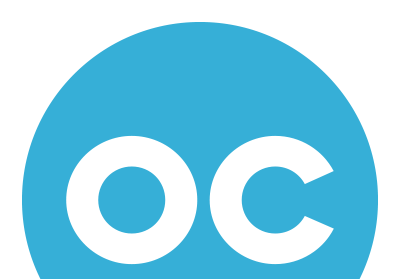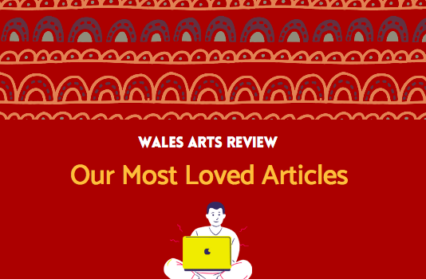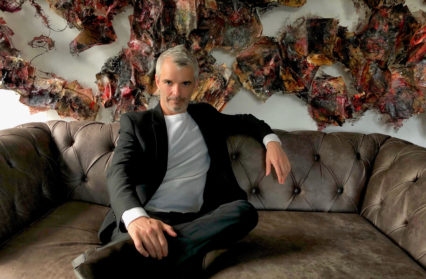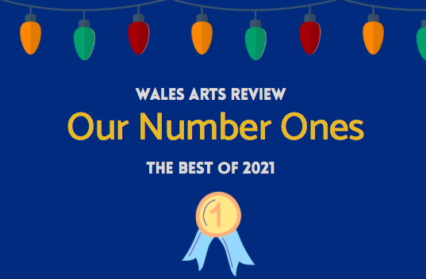Gary Raymond looks at the pros and cons of free access to artistic content in his review of Open Culture and asks; why should we pay for things?
As everybody knows the internet has gone some way to torpedoing almost all creative industries. It has never been more difficult to generate revenue from a project that may have turned a profit twenty years ago. This set of circumstances is largely down to the fact that almost as soon as the potentialities of the World Wide Web became apparent, very few people began to draw charts mapping out the consequences, and so now the west is propped up by a generation who believe anything that can be absorbed by either sight or ear could be, if not should be, free. Now the relevant industries, only recently having found their feet as exploitative capitalist machines, are having to try and figure out how to dominate the world when not generating perpetual growth. But these big players (from Sony to The New York Times) are getting further from the original question as they convince themselves they are wrestling directly with it. They are trying to devise fool-proof marketing strategies that will offset the distortions in the culture of free content, rather than ever talking about realigning the culture toward convincing people to pay for what is worth paying for.
This is the forgotten question: why should we pay for things? The only relevant answer is so those who spend their time and cultivate their skills in order to provide the market with these items can make a living. There is a political and financial class that values nothing in art and culture so they see little reason to combat the free-fall. Thatcher famously opined that the study of Norse Mythology at university was a ‘luxury!’ There should be no surprise in the myopic beigeness of the cultural philosophies of a monetarist, but the irony here is that J.R.R. Tolkien, the starting point extraordinaire of several global multi-billion dollar industries, (from High Fantasy literature to New Zealand’s tourist trade), as well as professor of Anglo-Saxon at Oxford, would have disagreed. So the next question is, which is more important for the creative industries, that it exists or that we pay for what it offers? That is a more difficult proposition mainly because the obvious answer is ‘that culture exists.’ The problem is that in the minds of many that premise undermines the need to pay for it. If it is vital that it exists then why pay for it? Well, put simply, the same reason we pay for food. If, as a society, we valued farmers less than we valued cultural practitioners, we would starve to death. But just as Dan Brown infests every charity shop bookshelf so does MacDonald’s set up store on the high streets of every city and town, and is the last to leave when that city closes down.
But whilst this battle is being fought there are certain ventures that act around the peripheries of it. Open Culture is a nexus of free cultural content garnered from the vast abyss of the virtual world. It is presented to us as it is discovered by those who have built and run the site, and so is an organic beast. In the site are embedded video footage, films, plays, lectures; as well as a horde of free online courses that cover all of the basic academic disciplines from the best universities on the planet. There is kookiness, comedy, profundity. There is, to put not too fine a point on it, as much on Open Culture as the inquisitive human mind can bear.
In an attempt to do the vastness of the site justice, just last week I watched James Baldwin debate William F. Buckley at the Cambridge Union on the question of the whether the oppression of the American Negro had stunted or propelled the American Dream. Around the same time I watched Christopher Plumber deliver a lecture by Vladimir Nabokov, as Vladimir Nabokov, on the genius of Kafka’s Metamorphosis. Add to this a library of films discovered free to watch on the internet – from the bulk of Chaplin’s work to all of Tarkovsky – to lectures by Nobel Laureates, documentaries, diaries and diatribes, and the greatest problem is finding the time to get lost in the landscape.
But the true significance of what Open Culture offers up for free online is not that we now have access to more than what one person could probably digest in one lifetime, but that what we are trawling through is the riches of a world where cultural content was very rarely free, and those who created the content were not only often well remunerated for their hard work and talent, but they were in turn valued by the society they served.



 Enjoyed this article? Support our writers directly by buying them a coffee and clicking this link.
Enjoyed this article? Support our writers directly by buying them a coffee and clicking this link.








